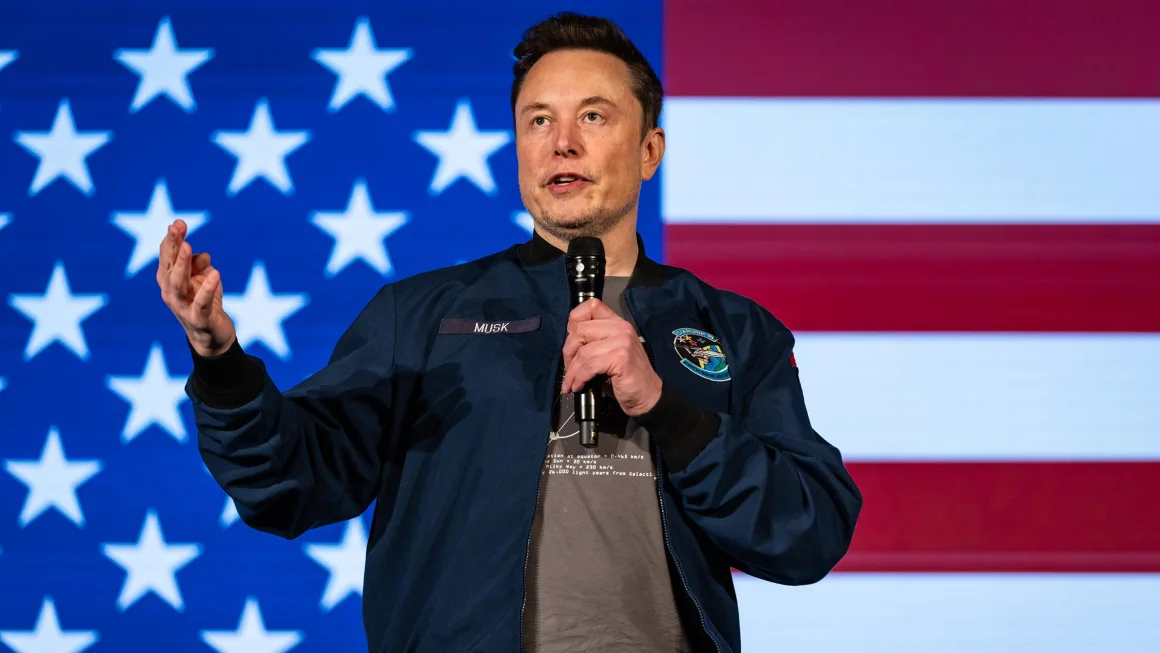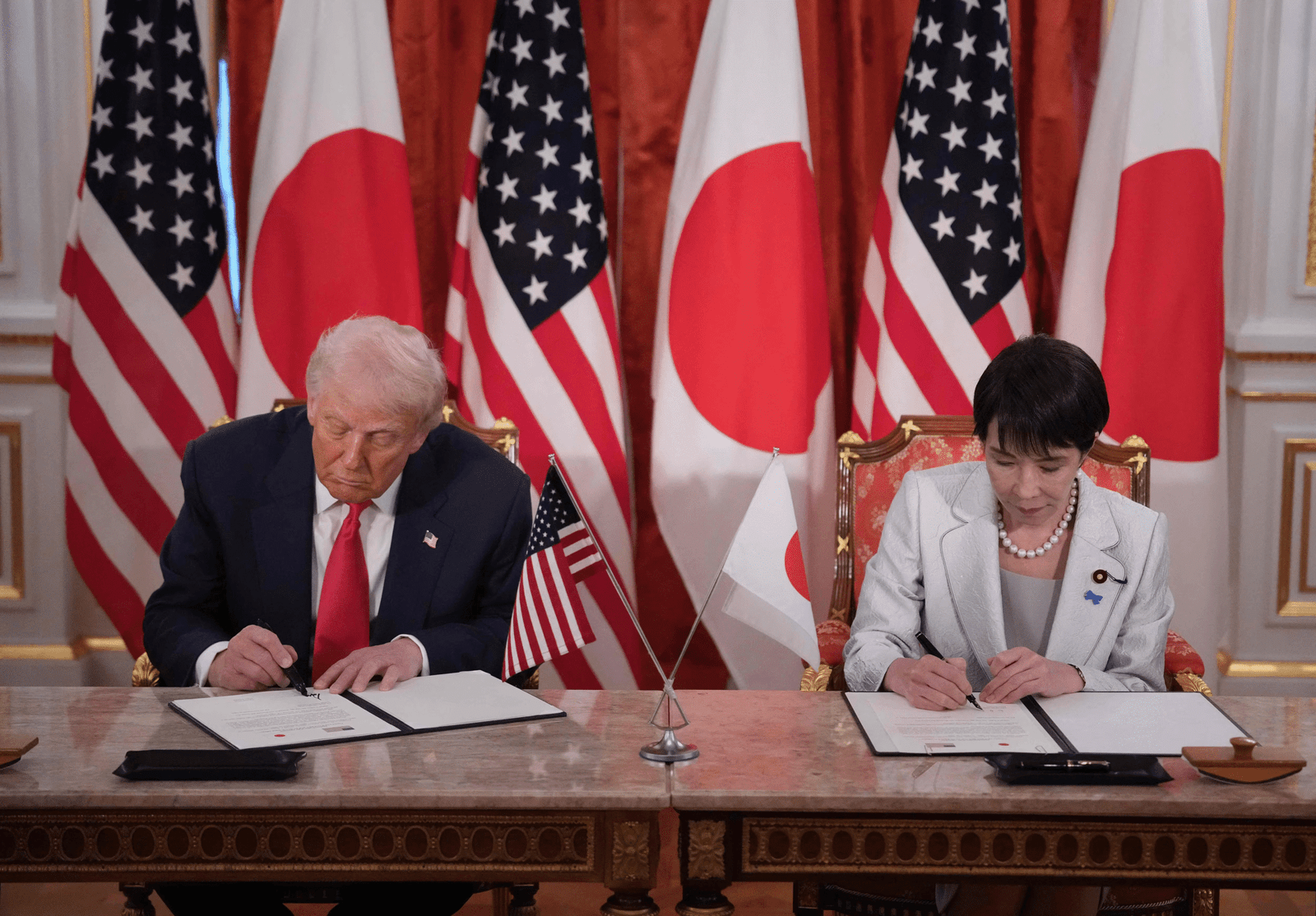Elon Musk’s acquisition of Twitter, rebranded as X, has sparked considerable debate on its long-term impact, especially on his political influence. His involvement with Twitter is often described as a “Twilight Zone jigsaw puzzle” due to the complex, sometimes contradictory steps that led him to finalizing the $44 billion purchase. Musk’s motivations for buying the platform were initially about free speech, but his shift toward aligning with conservative views and vocal support for former President Donald Trump raises questions about the influence of social media in shaping political discourse
For Musk, owning Twitter presents an opportunity to control a major platform where much of the political discourse happens. Given his increasing support for Trump and his allies, Musk’s Twitter buyout is seen as a strategic decision to bolster his influence on the political landscape, particularly in terms of reducing regulatory scrutiny on his businesses. His support for Trump’s stance on limiting government oversight offers Musk potential leverage, especially after facing mounting investigations into his companies, including Tesla and SpaceX
The controversy surrounding Musk’s handling of Twitter has extended beyond business, with critics arguing that his vision for the platform could deepen divisions in U.S. politics. His management style, which includes cutting a large portion of staff and relaxing content moderation policies, has resulted in a volatile environment on the platform. Nevertheless, his financial gains from the deal have been substantial, and his strategy appears to be focused on positioning himself as a key figure in shaping the future of both technology and politics











